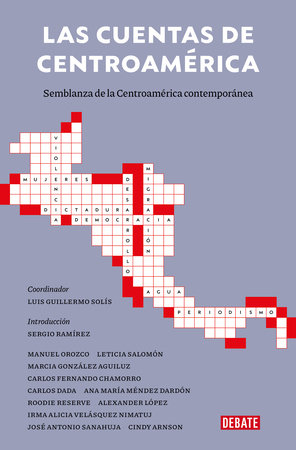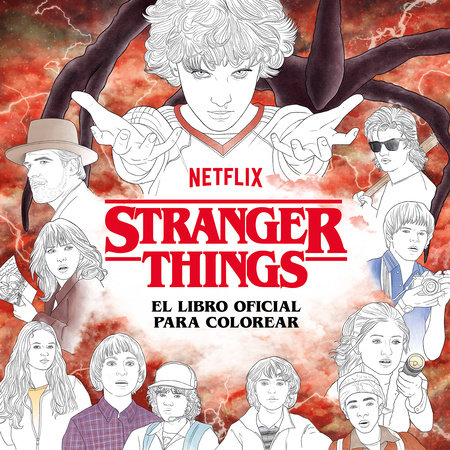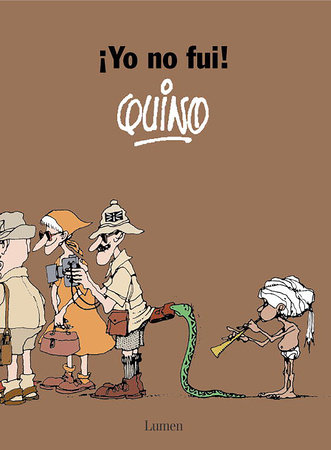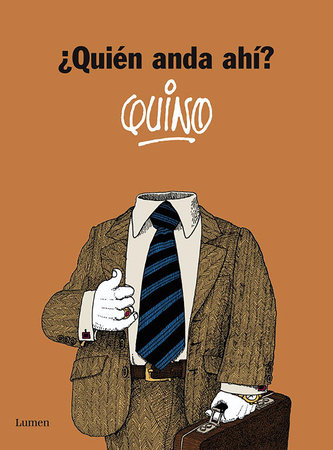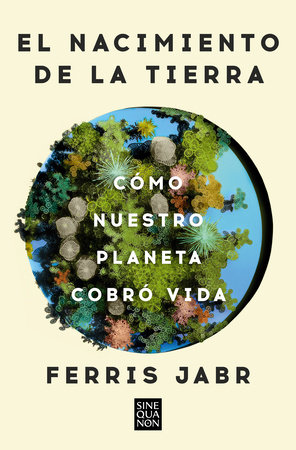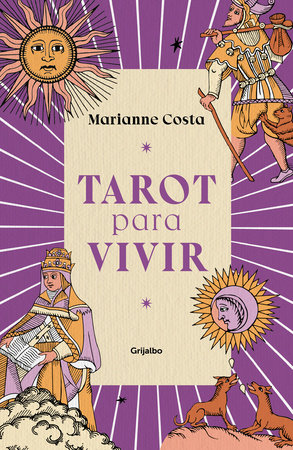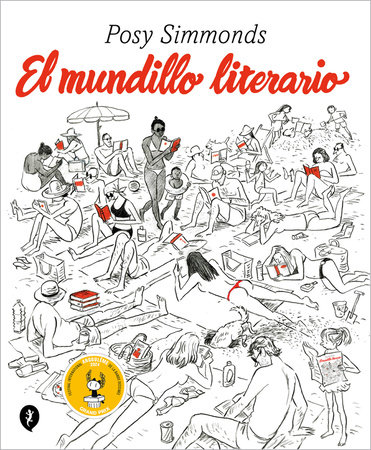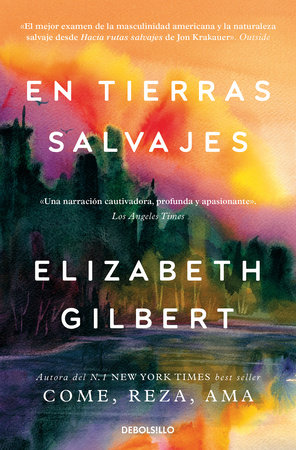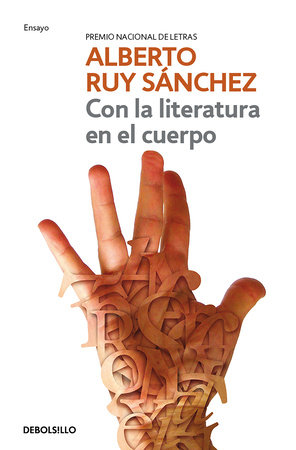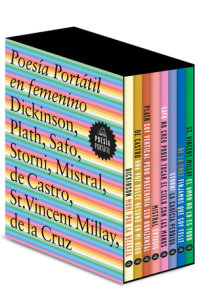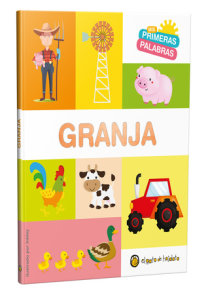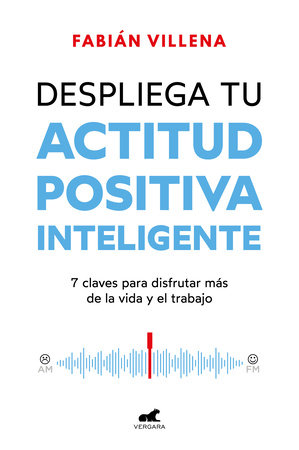Una semblanza de la Centroamérica contemporánea.
Coordinación de Luis Guillermo Solís, expresidente de Costa Rica.
¿Qué es Centroamérica en el siglo XXI? ¿Qué pasa con esta región de 500.000 km² y cincuenta millones de habitantes, volcánica en su geografía, y volcánica en su historia política, en cuanto a sus sistemas económicos, la distribución de la riqueza, la condición social de sus habitantes, la igualdad de género, las poblaciones indígenas, sus recursos naturales y el medio ambiente, el estado de la educación? ¿Y la suerte de la democracia, el autoritarismo, los derechos humanos, las elecciones, la libertad de expresión?
Este libro pretende levantar el velo y ofrecer una aproximación a esa realidad a través de la visión de un grupo de eminentes pensadores e investigadores de distintas disciplinas, bajo la coordinación del expresidente de Costa Rica, Luis Guillermo Solís Rivera, él mismo historiador y científico social y político. Una fotografía múltiple que ayudará al lector a conocer y entender Centroamérica, en esta serie de ensayos escritos con amenidad y sin distancias académicas.
«La región centroamericana, ese estrecho istmo que enlaza las dos masas continentales, ha sido, a lo largo de la historia, un lugar de encuentro, desde las migraciones indígenas que llegaron del norte y el sur y allí mezclaron sus culturas y lenguas, hasta los hechos de la conquista, cuando se buscaba el paso entre los dos océanos a través de esa angosta cintura geográfica.
Un escenario de conflictos sangrientos y gestas heroicas desde la independencia, cuando los sueños de una república federal se vieron frustrados por luchas intestinas abanderadas por caudillos, hasta la llegada del siglo XX cuando la búsqueda de la modernidad democrática se vio frustrada por dictaduras militares, golpes de Estado, intervenciones extranjeras y revoluciones fallidas.
¿Qué es Centroamérica en el siglo XXI?».
Sergio Ramírez, presidente de Centroamérica Cuenta.
ENGLISH DESCRIPTION
A portrait of contemporary Central America.
Coordinated by Luis Guillermo Solís, former president of Costa Rica.
What is Central America in the twenty-first century? What is it with this 200,000-square-mile and 50-million-inhabitant region, with volcanic geography and volcanic political history, on the matter of economic systems, distribution of wealth, the social standing of people, gender equality, indigenous peoples, natural resources and the environment, the state of education? And what about the fate of democracy, authoritarianism, human rights, elections, freedom of speech?
This book intends to lift the veil and offer an approximation of this reality through the eyes of a group of prominent thinkers and researchers from several disciplines, under the coordination of Costa Rica’s former president, Luis Guillermo Solís Rivera, a historian himself, and social and political scientist. A vast picture that will help readers know and understand Central America in this series of essays written with amenity, safe from academic distance.
“The Central-American region, this stretch isthmus that connects two continental masses, has been a gathering place throughout history, from indigenous migrations from the north and south that combined their cultures and languages, to the facts of the conquest, when peopled looked for passage between the two oceans through this narrow geographical region.
A stage for bloody conflicts and heroic deeds, from the independence, when the dream of a federal republic was thwarted by civil strife leaded by caudillos, to the arrival of the twentieth century, when the search for democratic modernity was thwarted by military dictatorships, coups, foreign interventions, and failed revolutions.
What is Central America in the twenty-first century?”
Sergio Ramírez, president of Centroamérica Cuenta.
